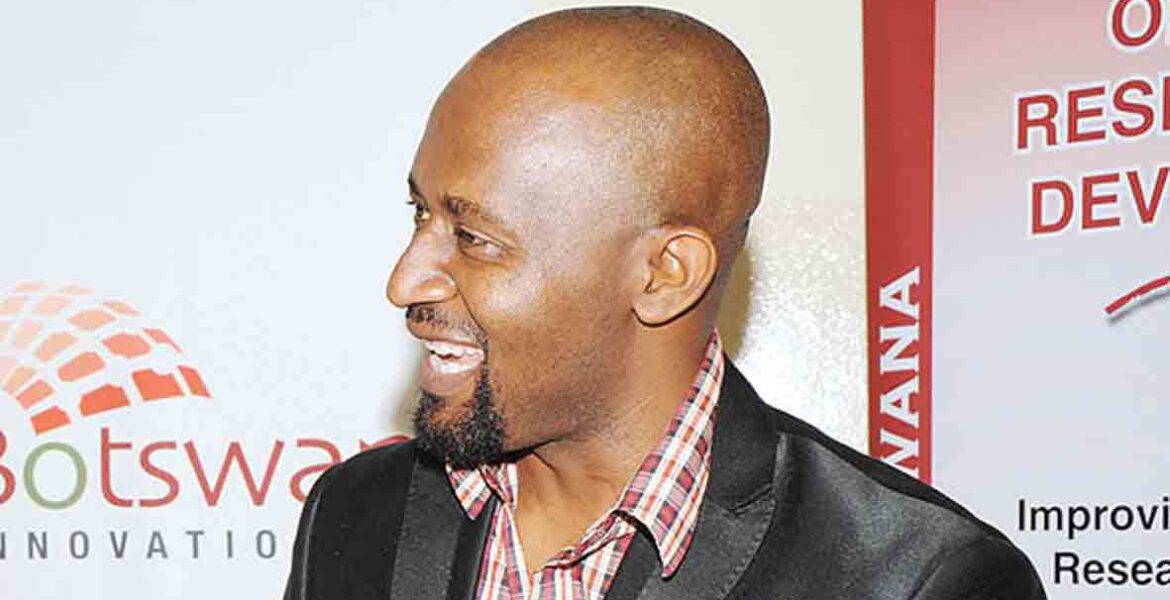Giving a presentation on ‘Technology Transfer at non research-intensive African Universities’ during the Southern African Research and Innovation Management Association Conference (SARIMA), Dr Alphonsus Neba of the University of Botswana Research and Development office said the amount of research and development (R&D) investment in African universities impedes researchers to make an research that can make real impact and be beneficial to the society. Neba said industries were not involved R&D on the African continent which leads to poor development of research in universities. He said some policies which conflict with research efforts and technology transfer for innovation also plays a role.
“Some data from American universities show that the total institutional research expenditure can go up to $25 billion dollars. That indicates that the amount of effort that goes into tech- transfer within universities is enormous. The research budget for most African universities would not even come close to $1 million dollars,” He said. Neba said a lot of African Universities were still focusing on basic research with very little developmental or applied research taking place further expressing concern that most industries in African countries outside South Africa have no research capability.
“How do you then develop an IP (intellectual property) act and then not have industries that are able to receive the IP and process it further?,” he asked, adding that there exists conflicting policies that disrupt research capabilities within a lot of research institutions, all which affect the competitiveness and the quality of research undertaken.
According to Neba, R&D in Botswana’s research expenditure stood at 0.4% (2005) as a percentage of national GDP, with the intention to take it to 2%. In terms of quality of R&D Botswana is rated 3.6 out of 7 and ranked 75 out of 128 countries. A Patent Cooperation Treaty (PCT) has never been filed by the country to date.
Intellectual Property Specialist at Thomson Reuters and Intellectual Property Officer at the University of Johannesburg Zulfaqar Dudhia, highlighted that the missing link in technology transfer in the case of universities is the implementation of tech transfer which would provide support tools for research, leading to improved idea generation, enhanced invention development and invention improvement as a result.
Katie Bryant, who is a researcher of writing studies, said that there is a problem of African researchers’ work failing to get published and in her study found that that a significant co-relation exists between the characteristics of the researcher, the funder and the writing coach that has an effect on the quality of the research literature. She emphasised that for research to be of quality there should be emphasis on writing capacity building and for the funder to realize that quality of research comes from long term investment.
The SARIMA conference held over the past week at the GICC from the 6th to the 10th July was a seminar series of researchers, research managers, and funders and related experts to discuss matters of research in Africa. The program included formal presentations and panel discussions by experienced upper level decision-makers as well as peer to peer interaction and discussion about current and emerging hot topics in the research and innovation field.

